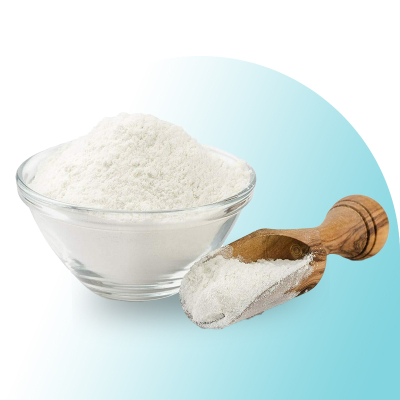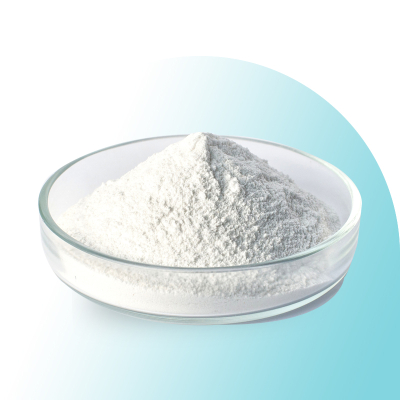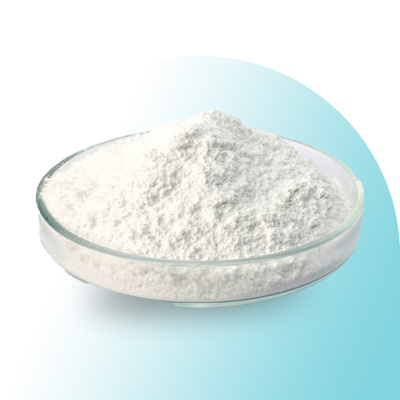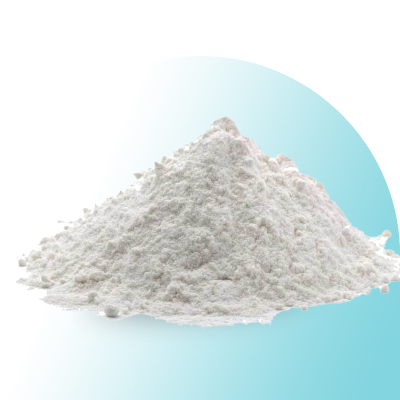Low Carb Dietary Supplements
Food and Drink: Ideal for adding fiber to snacks, cereals and smoothies without changing the taste or texture.
Dietary Supplements: Commonly used in fiber supplements for digestive health.
Baking and Cooking: Increases fiber content in baked goods while maintaining moisture.
Resistant dextrin is a soluble fiber derived from starch. It is produced through the process of hydrolysis and is known for its ability to resist digestion in the small intestine, providing various health benefits.
Quality standard |
||||
| Elements | D1 |
D2 |
D3 |
D4 |
Appearance |
White or light yellow powder |
|||
Taste |
Sweet, soft, clean |
|||
Content (g/100g) |
≥70% |
≥85% |
≥90% |
≥95% |
Moisture(g/100g) |
≤5.0 |
|||
Ash (g/100 g) |
≤0.1 |
|||
PH |
3-6 |
|||
Water activity |
≤0.2 |
|||
Number of aerobic bacteria (CFU/g) |
≤1000 |
|||
Coli bacteria (MPN/g) |
≤3 |
|||
Mold (CFU/g) |
≤25 |
|||
Yeast (CFU/g) |
≤25 |
|||
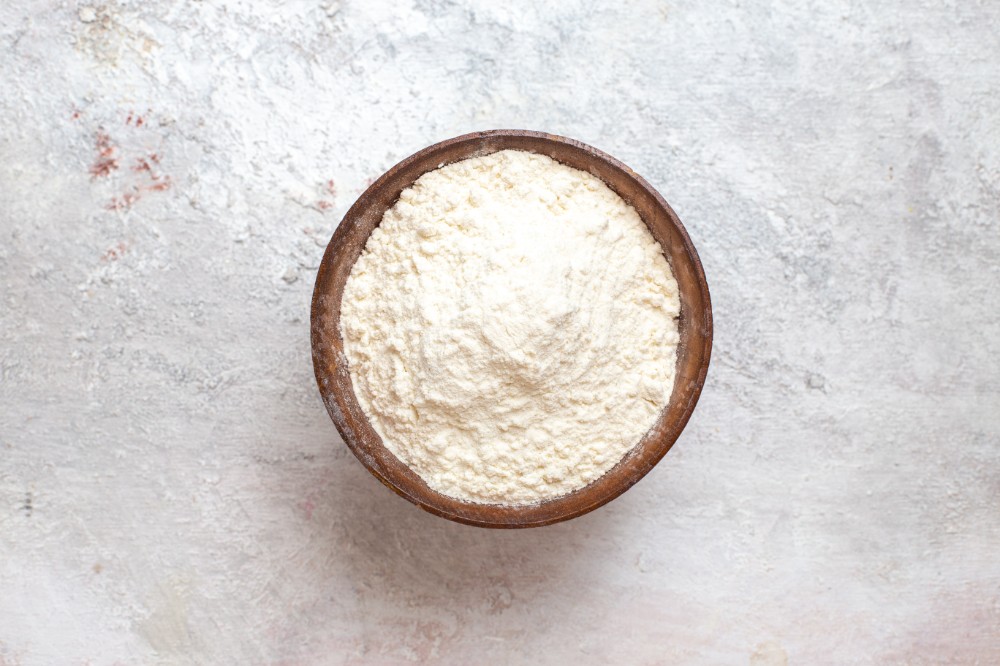
Main advantages:
Digestive health:
Resistant dextrin acts as a prebiotic, promoting the growth of beneficial intestinal bacteria. This can improve overall digestive health and maintain a balanced microbiome.
Controlling blood sugar levels:
By slowing the absorption of sugars, resistant dextrin can help regulate blood sugar levels, making it a great option for those managing diabetes or wanting to maintain stable energy levels.
Weight management:
As a fiber, resistant dextrin increases feelings of fullness and reduces appetite. Including it in your diet can help with weight loss or maintenance.
Reducing cholesterol levels:
Regular consumption of resistant dextrin may help lower LDL (bad) cholesterol levels, promoting improved heart health.
How to use:
Resistant dextrin is versatile and can easily fit into your daily diet. Add it to smoothies, baking recipes, or sprinkle it on your dishes for an extra boost of fiber.
Related News
Submitted successfully
We will contact you as soon as possible




